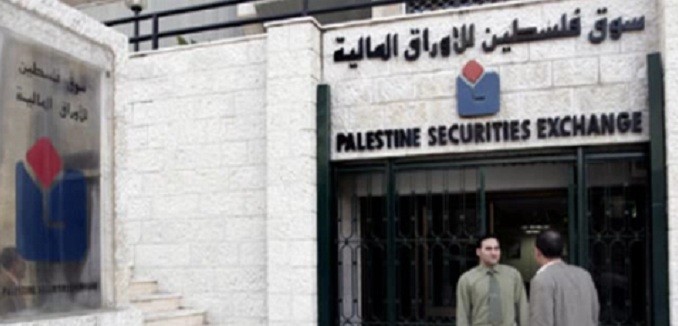The Palestinian Monetary Authority (PMA) yesterday published key figures evaluating the latest business cycle. The report – outlined by [sub] CentralBanking.com – described an “enormous” drop in prospects for a robust West Bank economy. The PMA blamed Israel for the situation, but also noted that Syrian-driven instability and a “political schism” between the Palestinian Hamas and Fatah factions was damaging the economy.
The PMA report came after a similarly pessimistic IMF report:
Economic growth in Palestine is projected by the IMF to drop to 4.5 percent in 2013 and bottom out at 3 percent by 2016. That compares with actual growth of 12.2 percent in 2011 and an estimated 5.9 percent in 2012. In the PA’s economic plan two years ago, growth for 2013 was supposed to be 12 percent, and public investment was supposed to be three times as large as actual levels for 2013.
The IMF specifically called on the Palestinian Authority (PA) to cut the wages, pensions, and benefits of public employees.
The recommendation risks trapping the PA in a double-bind, forced to choose between floating the West Bank economy or sustaining the Palestinian government’s political institutions.
Building and sustaining the economy will require, per the IMF report, cuts in employee compensation. But PA government employees are already going on strike – 95% of them walked out this weekend – over insufficient compensation. Further cuts could endanger the viability of the Palestinian government.
The dynamic suggested that Robert Serry, the U.N.’s Special Coordinator for the Middle East Peace Process, may have erred when in 2011 he assessed that “the PA’s institutions [would] be ready for statehood” by September 2011.
[Photo: VideoMedia / YouTube]




